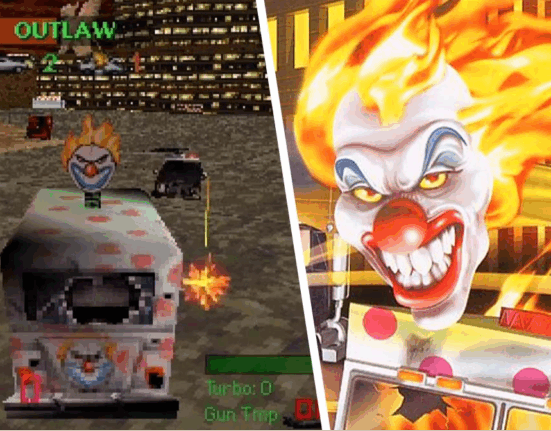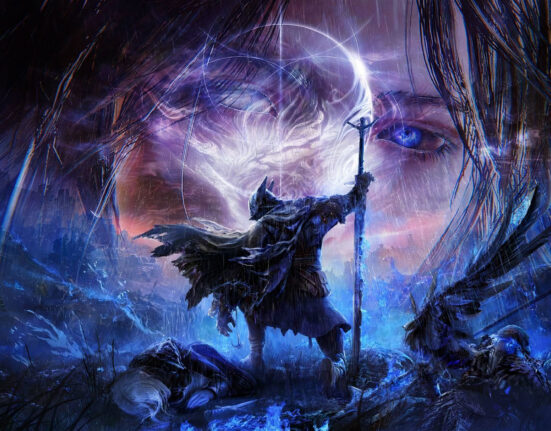Another gaming saga comes to a close as Steel Hunters, the live-service mech shooter from renowned developer Wargaming, makes a surprising announcement just three months after its early access launch. The futuristic free-to-play game failed to capture the gaming community’s lasting interest, leading to its imminent shutdown in October.
In a heartfelt blog post on Steam, the developers express their gratitude and regret over the decision to sunset Steel Hunters.
“Today we share difficult news: we’ve made the decision to sunset Steel Hunters,”
they wrote.
“You’ve given us so much passion and support but unfortunately we’ve come to the conclusion that continuing development is not sustainable.”
This unexpected turn of events undoubtedly disappointed loyal players who had invested time and energy into the game.
Despite efforts to keep the spirit alive, including unlocking all playable characters for one final hurrah until October 8th and organizing a farewell tournament, Steel Hunters struggled against fierce competition in the gaming realm. One notable rival that possibly overshadowed Steel Hunters was Mecha Break, developed by Amazing Seasun Games. With its impressive player numbers and engagement levels, Mecha Break highlighted the challenges faced by newer entrants like Steel Hunters in establishing a solid player base.
The closure of Steel Hunters underscores the harsh realities of navigating the highly competitive landscape of live-service games. As industry giants continue their pursuit of successful live-service models, setbacks such as this serve as poignant reminders of how even well-established developers can face unexpected hurdles in delivering engaging gameplay experiences.
Sega President and CEO Shuji Utsumi summed up these challenges succinctly when he acknowledged that live-service games represent one of Sega’s most significant obstacles. Despite setbacks experienced by some titles like Concord, there remains a steadfast commitment among industry leaders like Sony towards developing resilient live-service games such as Marathon and Fairgames.
The rise and fall of Steel Hunters serve as a cautionary tale within the dynamic world of online gaming where innovation constantly battles against market forces and shifting player preferences. As players bid farewell to yet another virtual universe, it prompts reflection on what truly defines longevity in an ever-evolving gaming landscape – perhaps a blend of innovation, player engagement, and strategic adaptability will pave the way for future successes.









Leave feedback about this